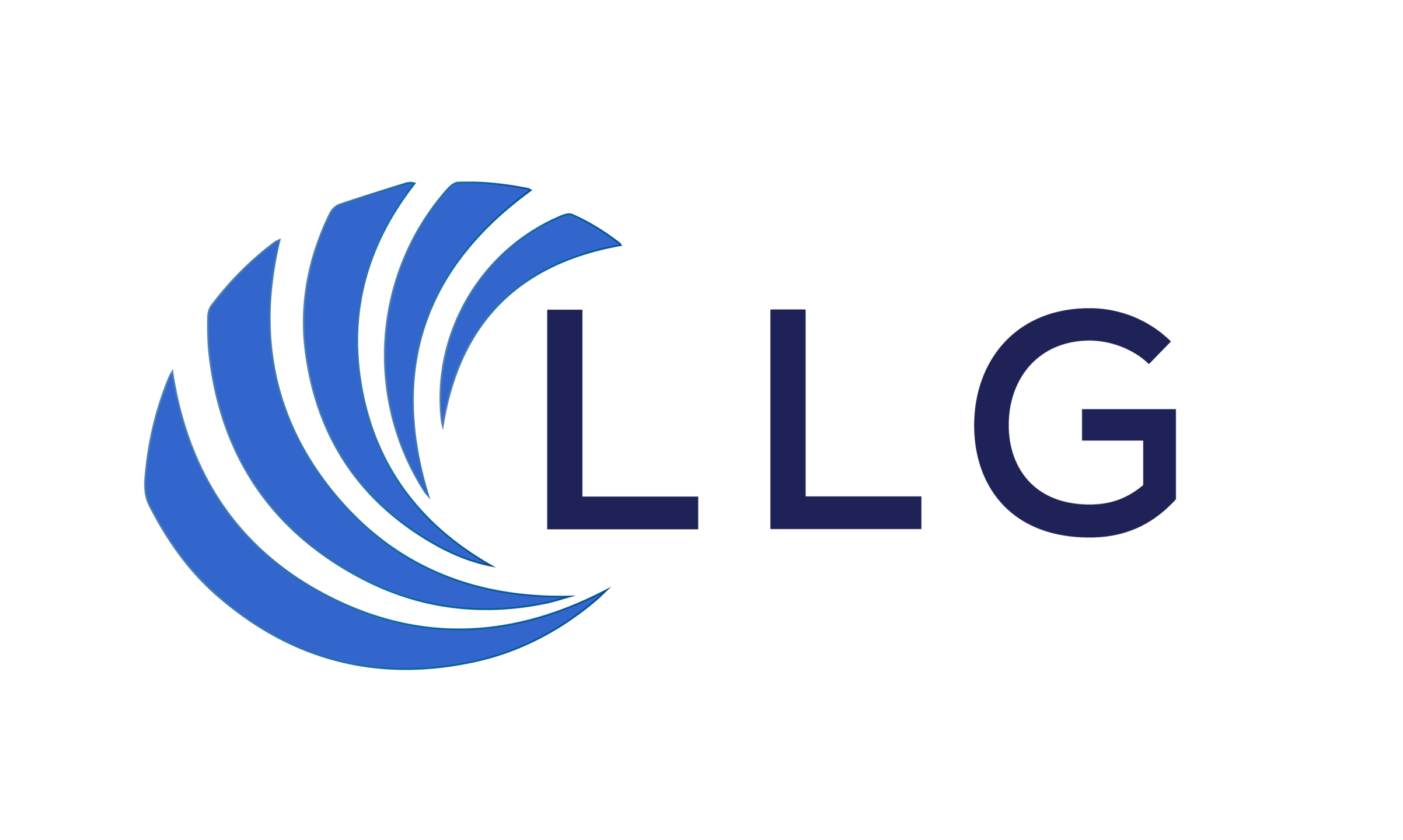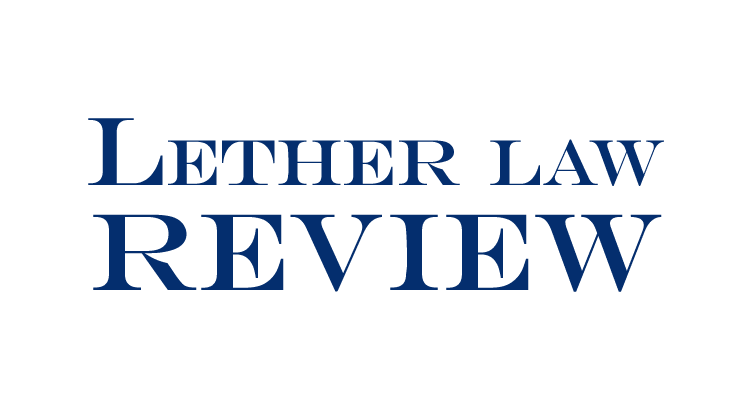COVID-19 Litigation Update
|
COVID-19 Litigation Update
Lether Law Group represents The Dentists Insurance Company (TDIC) as national coordinating counsel in COVID-19 related business interruption litigation in a number of jurisdictions throughout the United States. We are happy to announce the dismissal of one such action in the Eastern District of Pennsylvania.
In KesslerDental Associates, P.C. v. The Dentists Insurance Company, Cause No. 2:20-cv-03376-JDW, Honorable Joshua D. Wolson granted TDIC’s Motion to Dismiss finding that the COVID-19 pandemic and the governmental and societal response thereto does not trigger the business interruption coverages in the TDIC policy. Summarizing his decision, Judge Wolson stated the following: Kessler Dental sued TDIC claiming that TDIC wrongfully denied coverage for business income losses sustained as a result of the pandemic and the State of Pennsylvania’s shutdown orders. The Court, “at the risk of being labeled anti-Dentite”, citing to The Yada Yada Seinfeld episode from 1997, held that the TDIC virus exclusion operates to defeat coverage. The TDIC virus exclusion precludes coverage for “loss or damage, including economic loss” caused by a virus. The Court found, simply, that the language is not ambiguous and applies to the COVID-related claims. Kessler attempted to overcome the virus exclusion by claiming that the business income losses that it sought were not “loss” or “damage”. The Court rejected this argument based on the plain language of the policy and Pennsylvania’s clear law regarding policy construction and interpretation. Kessler also argued that the Court should bar TDIC’s reliance on the virus exclusion based upon a regulatory estoppel theory. Kessler argued that ISO and AAIS made false representations to the Pennsylvania Insurance Commissioner in 2006 when proposing the virus exclusion. The Court rejected this argument for two reasons. First, the Court held that Kessler had failed to allege that ISO or AAIS was representing TDIC in making any regulatory representations. Second, the Court held that Kessler had failed to allege any inconsistent statements. The Court went on to further analyze the specific Business Interruption Coverages – Business Income Loss, Extra Expense, Civil Authority – finding that even in the absence of the virus exclusion, the coverages are not triggered. Importantly, the Court found that the virus and the governmental response thereto did not cause “direct physical loss of or damage to” the insured premises. Notably, the Court found that Kessler was never actually shut down. Pursuant to the governor of Pennsylvania’s business shutdown order, dental practices were not actually closed, but were limited to performing emergency procedures. Below is a link to the complete Order of the Court. TDIC was represented by Tom Lether and Eric Neal as national coordinating counsel and was represented locally by Michael Smith and Marc Kamin of the Stewart Smith law firm in Philadelphia. To the extent that you have any questions about any COVID-19 related matters, please feel free to contact Lether Law Group at any time. |
|





